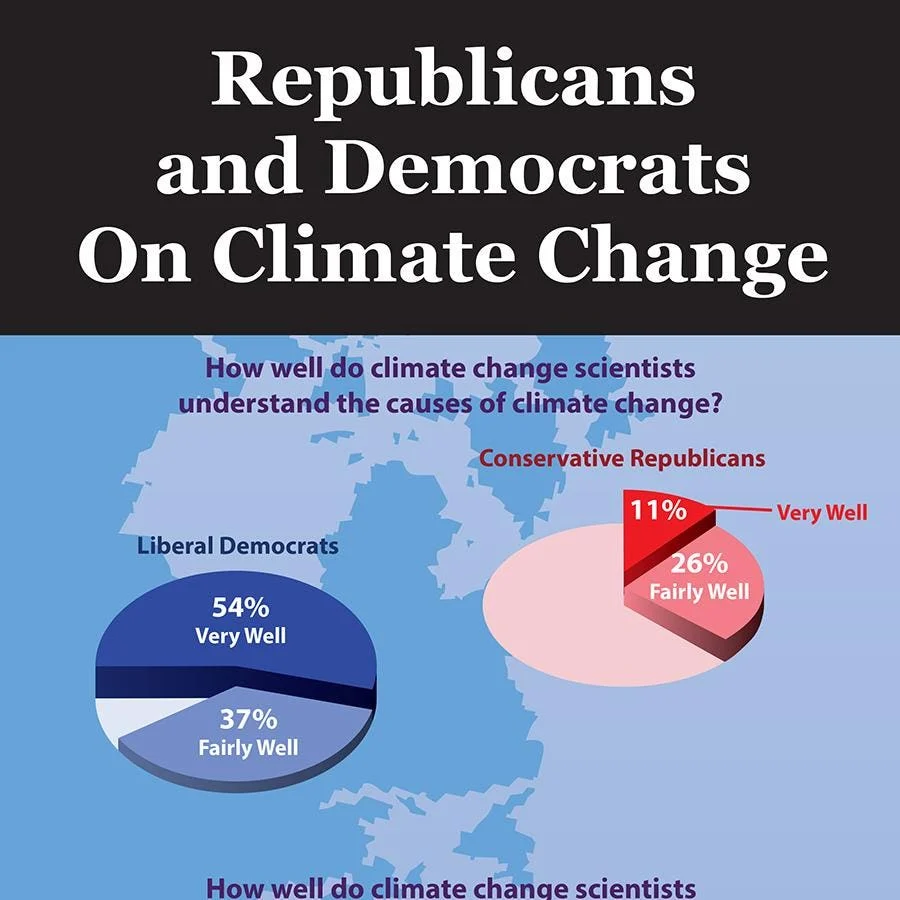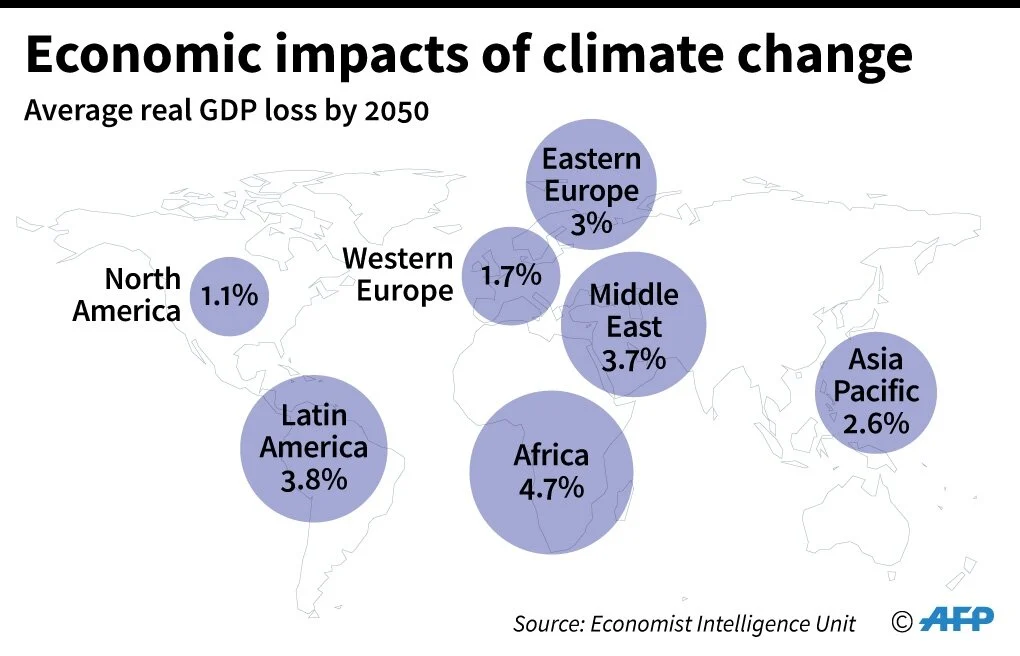The intersection of politics and climate change has become a critical issue in recent years as governments around the world grapple with the impacts of global warming and the need for coordinated action. Political decisions and policies play a crucial role in shaping the response to climate change, from international agreements to domestic regulations. The intersection of politics and climate change also involves competing interests, power dynamics, and the influence of lobbying and special interest groups. As a result, the political landscape has a significant impact on the direction and effectiveness of efforts to address climate change.
The relationship between political decisions and climate change is a complex and multifaceted issue that encompasses a range of interconnected factors. The influence of political ideology, the role of international diplomacy, and the power dynamics between developed and developing nations all play a role in shaping the response to climate change. Additionally, the intersection of politics and climate change involves debates over economic impacts, technological innovation, and the distribution of resources. These factors contribute to the complexity of addressing climate change within the political sphere and highlight the need for comprehensive and collaborative approaches.
The Intersection of Politics and Climate Change
Climate change has become a highly politicized issue, with various political parties and leaders taking different stances on the matter. The intersection of politics and climate change is evident in the policies and regulations that governments implement to address environmental issues. Political decisions can have a significant impact on the trajectory of climate change, as they dictate the allocation of resources, the promotion of renewable energy, and the enforcement of environmental standards.
Furthermore, international agreements and treaties, such as the Paris Agreement, highlight the global political collaboration needed to combat climate change. The negotiations and commitments made by world leaders reflect the influence of politics on climate change action. At the same time, the prioritization of economic growth and national interests in political agendas can create obstacles for unified efforts to mitigate the impacts of climate change.
| Politics | Climate Change |
|---|---|
| Political leaders make decisions that impact climate change policies. | Climate change is a global issue that requires political action to address. |
| Political ideologies can influence attitudes towards climate change. | Climate change has environmental, social, and economic implications that are influenced by political decisions. |
| International agreements and treaties are negotiated by political representatives to address climate change. | Climate change policies and regulations are shaped by political processes and priorities. |
The intersection of politics and climate change highlights the significant impact of political decisions and actions on addressing the global issue of climate change. Political leaders, ideologies, and processes play a crucial role in shaping policies, regulations, and international efforts to mitigate the effects of climate change and transition towards a more sustainable future.



